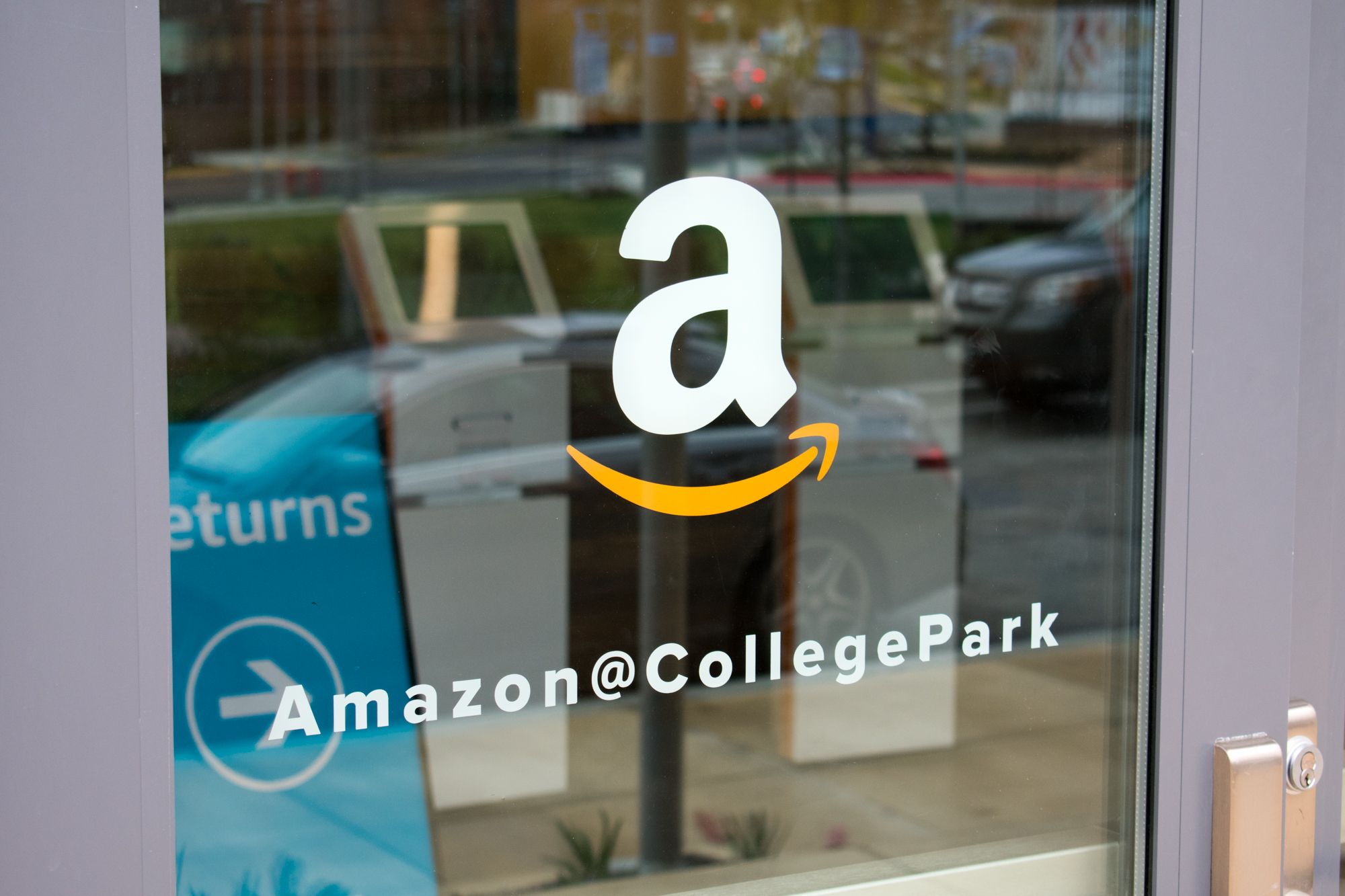Views expressed in guest columns are the author’s own.
It’s official: Amazon is coming to town — or at least close to it. Two weeks ago, Amazon announced the winners of the competition to host its secondary headquarters. From the long list of cities lustily vying for the spot Amazon chose Long Island City, New York, and Crystal City, Virginia, right near the nation’s extant economic and political centers.
Cities that bid for HQ2 did so expecting 50,000 jobs. Since Amazon split the prize between two locations, each will see only about 25,000 jobs filled by 2030. Consequently, both “winners” massively overbid for the “privilege” of hosting HQ2. In the words of NYU professor Scott Galloway — who correctly predicted the company would choose the Washington, D.C., area — the contest was a “ruse” that was “over before it started.”
Together, the state of Virginia and Arlington County have offered Amazon $573 million in direct taxpayer money as an incentive to create jobs and to spend up to $223 million on infrastructure upgrades. This sums to almost $800 million in handouts to a company that made nearly $178 billion in revenue last year. Even in a system where offering huge subsidies and tax breaks to corporations amounts to bribery, it’s still clear that Amazon doesn’t need the money.
For evidence of the disastrous effects Amazon can have on a city, we need look no further than its first and current home, Seattle.
Since 2010, rent in Seattle has risen by more than 60 percent. The city was forced to declare a homelessness state of emergency in 2015, after which homelessness continued to rise, growing by another 44 percent by 2017. To combat the issue, the Seattle City Council proposed a head tax on large employers to fund affordable housing and homeless outreach services. The move was unanimously approved but repealed after vociferous opposition from businesses, led by none other than Amazon.
Moreover, paralyzing traffic plagues Seattle’s roads because the city’s public transportation system is ill-equipped to handle a high volume of commuters — an enormous contingent of whom work for Amazon. In a place such as Washington, D.C., which already suffers from traffic issues, inadequate public transportation and a dire housing crisis, this will be devastating. D.C. is home to some of the most congested roads in the country, and the Metro is notoriously mismanaged and unreliable.
Though D.C.’s government has increased spending on affordable housing in the past few years, it has yet to achieve its goals. A recent report by the Urban Institute reveals an ongoing increase in rent, house prices and the number of high-income households, along with insufficient housing production, particularly in Northern Virginia and D.C. proper. HQ2 will bring more big earners to D.C., driving housing costs even higher and amplifying economic stress on low- and middle-income people.
HQ2’s relevance to the University of Maryland and its students extends beyond geography. A year ago, university President Wallace Loh and Prince George’s County officials voiced support for bringing HQ2 to College Park. Now that the company is moving closer, administration will likely tout this as evidence of the university’s proximity to prime job opportunities for students.
Whether Amazon recruits students at this university is secondary; the more salient point is that Amazon is simply an unethical company. Warehouse workers report being denied bathroom breaks, pushed to extreme fatigue and subjected to otherwise unsafe working conditions. Some employees are forced to rely on food stamps and Medicaid, while the company itself is valued at $1 trillion and its CEO Jeff Bezos is the world’s richest person.
This university should not align itself with the company’s morally reprehensible business practices, especially when the university’s administration is already under scrutiny for numerous instances of negligence.
Amazon is moving into our backyard, bringing dire consequences. HQ2 will drain the D.C. area of vital public funds, essentially conning the region into bleeding itself dry while avoiding actually helping its residents in any way.
Siri Neerchal is a sophomore mathematics and history major. She can be reached at sneerchal@gmail.com.



